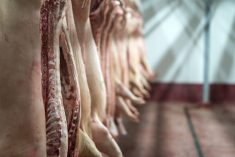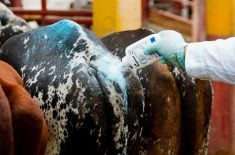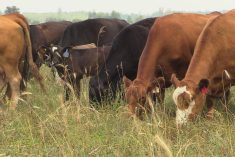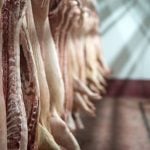Feed manufacturer Ridley Inc. has finalized its out-of-court deal to settle Canadian cattle producers’ class action suits over the discovery of BSE in the domestic cattle herd.
The finalized deal will see the Winnipeg-based feed maker now pay $6 million into a trust fund, only for it to be immediately rolled over into funding for the cattle producers’ ongoing related suits against the federal government.
The payment follows word from the administrator of the opt-out process, by which producers could opt out of the class-action settlement and, in theory at least, choose to sue Ridley on their own. The administrator reported that the number of opt-out notices is below the threshold set as a condition of Ridley’s settlement deal.
Read Also
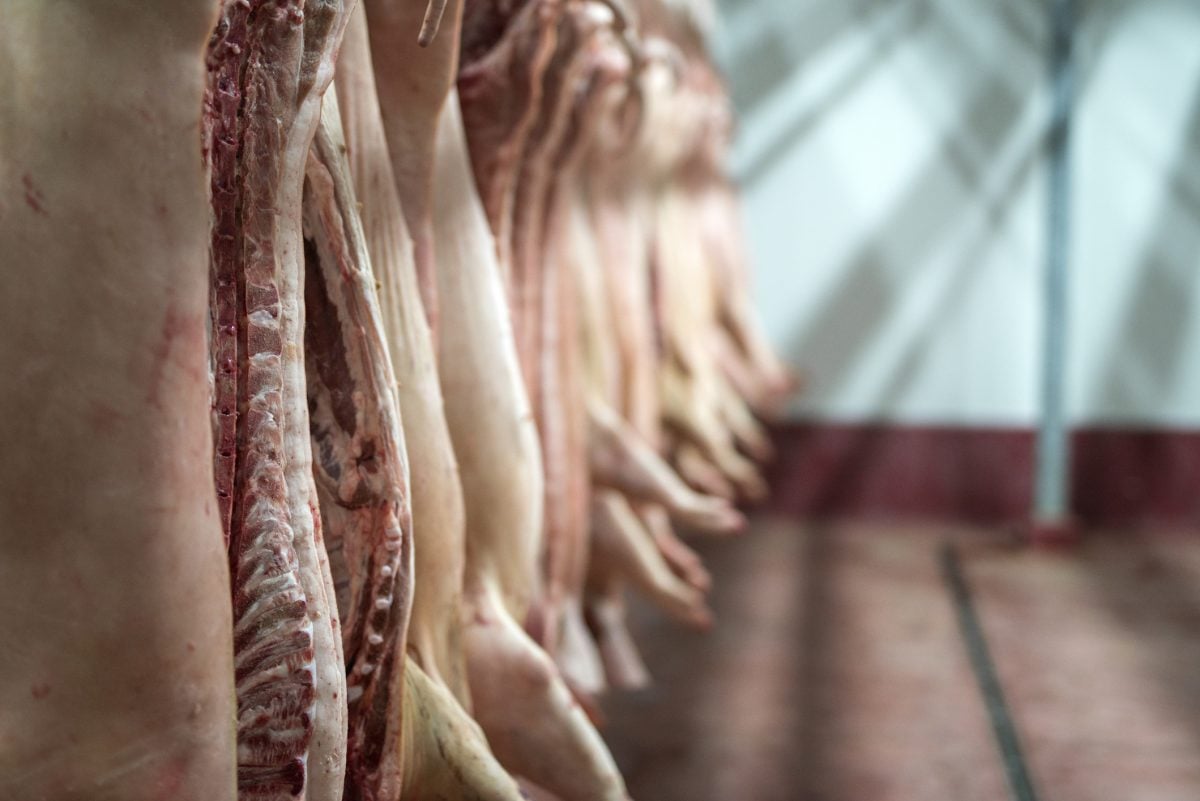
U.S. livestock: Cattle slip back, hogs gain
Chicago cattle futures slipped back on Friday after Thursday’s pause. Hog futures crept upward. Most-active December live cattle futures closed…
“I am satisfied that this matter has been largely resolved and the financial implications to Ridley are now behind us,” Ridley Inc. CEO Steve VanRoekel said in a release late Friday.
Ridley expects remain a participant in the cattle producers’ ongoing suits against the federal government, but the company’s settlement payment effectively caps its exposure to claims made by the plaintiffs.
Ridley’s settlement relates to co-ordinated lawsuits against the company, the federal government and unnamed federal bureaucrats, filed in April 2005 by representative cattle-producing plaintiffs seeking to certify class actions in Alberta, Saskatchewan, Ontario and Quebec.
The proposed “class” was to include all Canadian cattle producers who allegedly suffered damage as a result of international bans on trade in Canadian beef and cattle after the May 2003 diagnosis of BSE in a cow in Alberta.
Canada has since had 14 more cases of BSE, not counting an Alberta-born BSE-positive animal that was found in Washington state in 2003 and is typically credited to Canada.
The four suits have now rolled into two, based in Ontario and Quebec. Courts in those two provinces were to decide jointly how much of Ridley’s settlement fund will go to pay fees, disbursements and taxes generated by the four suits’ lawyers.
Crawford Class Action Services, a Waterloo, Ont. claims management firm handling the settlement, said in October 2008 that “the total amount sought and paid for class counsel fees, disbursements and taxes to Sept. 30, 2008 inclusive from the settlement fund will not exceed $1.5 million.”
Cattle producers who didn’t opt out of the Ontario or Quebec class actions don’t have to do anything at this point, Crawford said in October, as the focus now shifts to the suits against the federal government.
In agreeing to the settlement, Ridley made no admission of liability or wrongdoing in the matter. Ridley reiterated Friday that it “will continue to contest any allegation it was responsible for the plaintiffs’ damages.”
Ridley, whose brands include FeedRite, Ridley, Hubbard Feeds and Sweetlix, maintains head office operations both in Winnipeg and in Mankato, Minn., southwest of Minneapolis. A Toronto financial services firm, Fairfax Financial Holdings, bought the majority stake in Ridley from Ridley Co. Ltd., the feed firm’s former Australian parent, for about $81 million last September.


